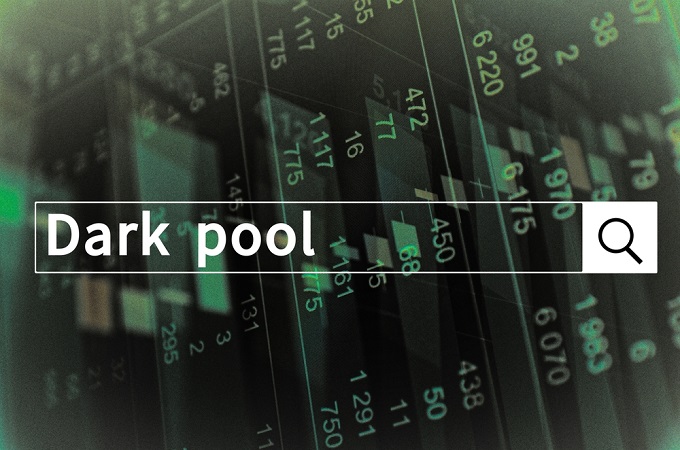Historic Volume Surge Forces Deutsche, Morgan Stanley To Shut Down Dark Pools
ZeroHedge.com
Following weeks of declining volume due to fears of an “unfavorable” Brexit outcome, it was only logical that the same “unfavorable” Brexit outcome would result in a historic surge in pent up volume. And, as Bloomberg reports, “a turbulent start to the open of the London market propelled trading volume as much as 700 percent higher than normal, while at least one dark pool was suspended as investors around the globe digested U.K. voters’ decision to leave the European Union.”
Think August 24 in the US, only this time in Europe: while the London Stock Exchange was functioning properly, many stocks took longer than normal to start trading amid a spike in volatility.
“A number of stocks were going into volatility halts at the open,” Mark Hemsley, chief executive officer of Bats Global Markets Inc.’s European unit, said in a phone interview. “We’re just seeing really high volumes. It’s a heavy day, but we’re nowhere near our peak capacity rates.”
As Bloomberg details, the shock Brexit decision sparked an outpouring of buying and selling: European markets saw 25.5 billion euros ($28.3 billion) in trading — at least half of a typical day’s volume — by just 9:10 a.m., according to Bats, which operates the biggest exchange in Europe.
However, unlike the US, where last August a historic volatility surge broke ETF pricing models and sent the entire VIX calculation engine at the CME offline for nearly 30 minutes, European market participants had a more practical solution: just shutting everything down.
Case in point, Morgan Stanley’s dark pool – the venue where these days most size, block trades are executed due to fears of HFT frontrunning – was offline this morning, Bloomberg reports. The pool is up and running now. Morgan Stanley declined to comment. “The first hour was pretty horrific,” Rob Boardman, chief executive officer for Europe of Investment Technology Group Inc., an electronic broker and dark-pool operator, said in a phone interview. “There was almost no trading before 8:10 a.m. because prices were just bouncing around, stocks struggling to open. Now we’re actually seeing volume go through the market properly, prices are becoming a bit more real.”
Deutsche Bank followed suit, and temporarily shut off outside market makers in its dark
pool, SuperX. The bank told outside market makers that they would be prohibited from trading in SuperX on Friday, until the bank notified them it was ready to resume.
Bank of America Corp. asked some outside trading firms to cut their messaging volume by half, said the people, who asked not to be named because the announcements were not public.
And then, all it took for trading to resume were a few central bank, IMF, and G-7 statements to soothe frayed nerves and restore confidence that Draghi, Yellen, Kuroda et al have traders’ backs.
Bats says equities on its European platform are subject to price collars, which reject orders that stray too far from previous reference prices. The thresholds range from about 5 percent to 10 percent.
Meanwhile, over in Mahwah, New Jersey, the amusingly named “New York” Stock Exchange announced it would widen its price collars to 10 percent for all stocks. The company said premarket trading was heavier than usual. Today will also see a volume boost from the annual rebalancing of FTSE Russell’s stock indexes. In 2015’s rebalancing exercise, U.S. equity trading jumped by more than 10 billion shares.
The good – or perhaps bad – news, is that unlike Europe, US markets went online without a glitch.
While extended auctions are to be expected on such a volatile day, there are signs, based on how markets in Asia performed, that the infrastructure has the capacity to withstand the shock of Brexit, said Philip Gough, chief executive officer of Convergex Ltd.’s London-based brokerage.
“When you look at how the Asia infrastructure held up, I didn’t hear of any issues,” Gough said by phone. “The capacity people have put into technology is drastically different than a few years ago. So far everything has held up.”
Needless to say, as all global markets approach the CYNK singularity which we described two years ago, where ever lower volumes lead to ever higher prices, only to eventually result in a burst bubble at which point trading is halted, this is merely a precursor, and a handy harbinger, of what is coming as all those “pent up sellers”, who have been so very dormant for the past several years, decided to finally cash out. We wish them the best of luck when they do.

